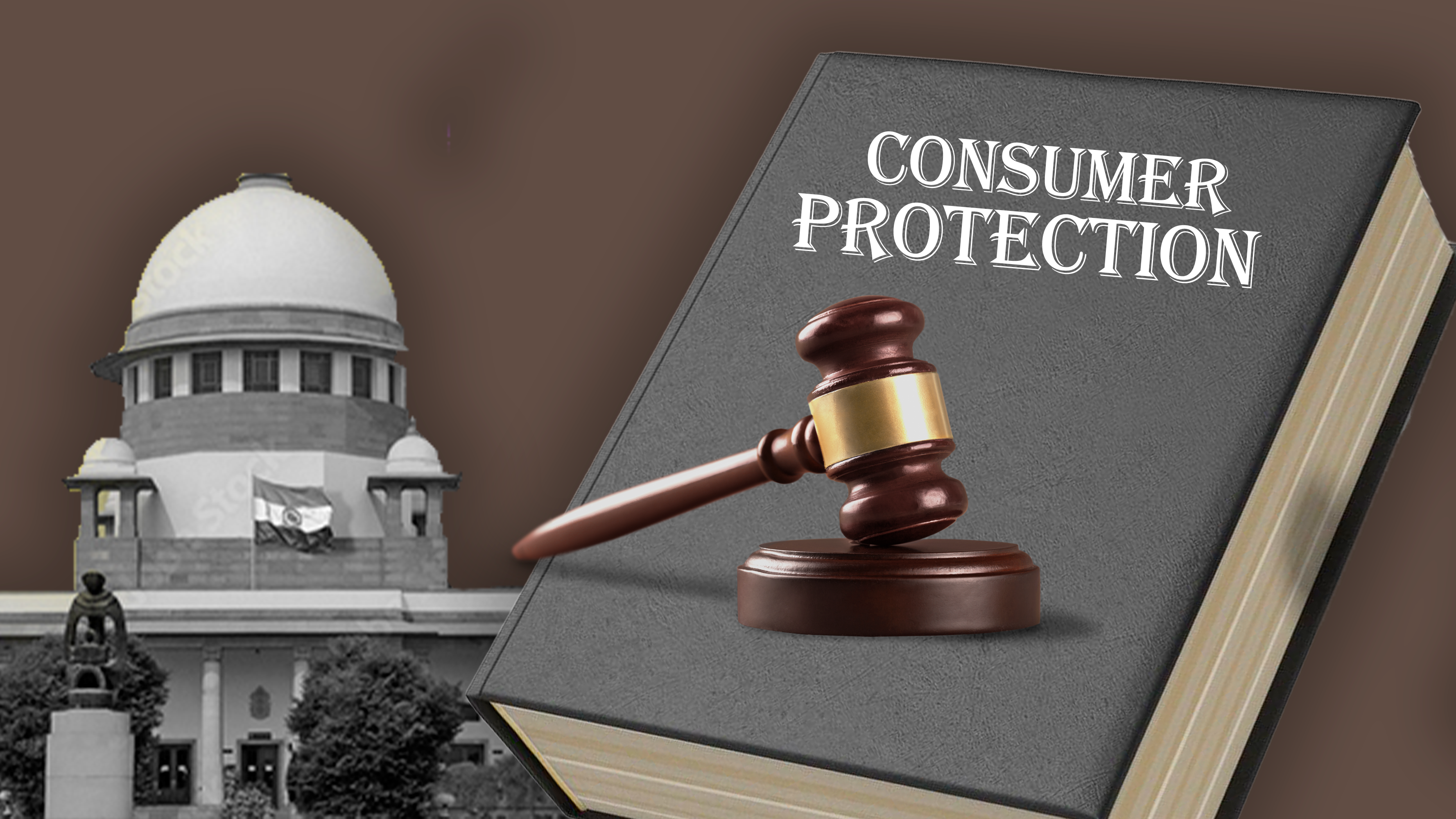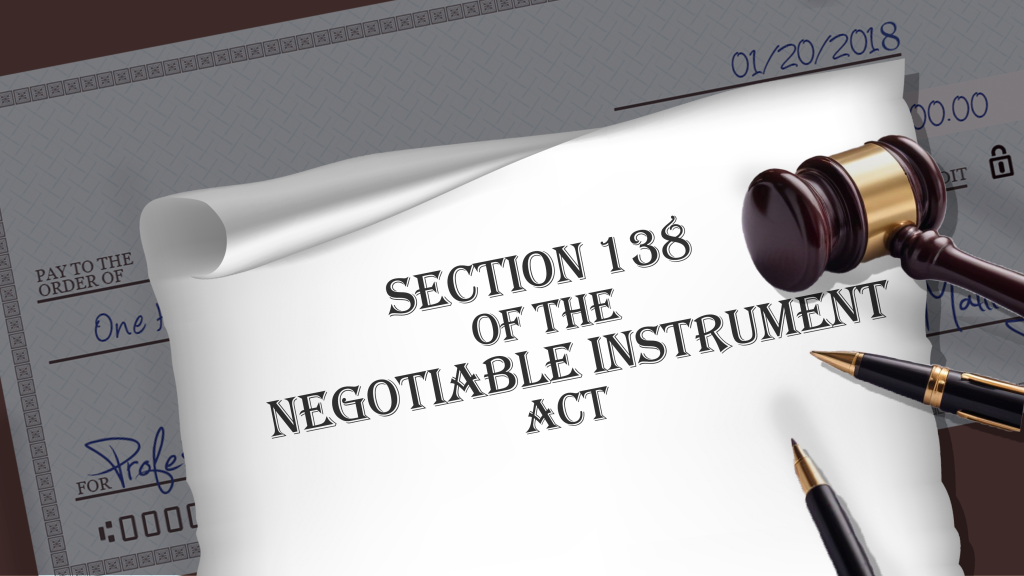Realm of consumer protection under the dynamic framework of the Consumer Protection Act, 2019. In this era of evolving markets and burgeoning consumer demands, the need to address deficiencies in services has become paramount. Picture this: you eagerly order a product online, only to receive a damaged item or encounter subpar customer service. These scenarios are where the Consumer Protection Act steps in to safeguard your rights and ensure fair treatment.
Defining Deficiency in Services
What exactly constitutes a deficiency in services? It’s more than just receiving a faulty product or facing delays; it’s about falling short of the promised standards. The latest Act, updated to reflect contemporary challenges, outlines various forms of deficiencies, ranging from poor quality goods to inadequate after-sales support. Real-life examples vividly illustrate how consumers suffer when services don’t meet expectations.
Legal Framework for Addressing Deficiencies
Fasten your seatbelt as we delve into the legal landscape shaped by the Consumer Protection Act, 2019. This modern legislation boasts enhanced provisions compared to its predecessor, empowering consumers with broader rights and streamlined procedures. From digital transactions to traditional markets, the Act casts a wide net to catch instances of service deficiencies, ensuring no consumer is left unprotected.
Rights of Consumers in Cases of Deficiencies in Services
As a consumer, you hold certain inviolable rights, enshrined within the fabric of the Act. Whether it’s the right to seek redressal for shoddy services or the right to be informed about product specifications, you’re not just a passive recipient but an active participant in the consumer ecosystem. Learn how to assert your rights and navigate the complaint filing process seamlessly.
Duties and Liabilities of Service Providers
Behind every service lies a provider, tasked with upholding standards and meeting expectations. The Act lays down clear responsibilities for service providers, emphasizing accountability and transparency. Failure to deliver on promises can have repercussions, from compensatory measures to reputational damage. Join us as we explore the dos and don’ts for service providers in today’s competitive marketplace.
Role of Regulatory Authorities and Consumer Forums
Enter the arena of regulatory oversight and consumer forums, where disputes are arbitrated and justice is dispensed. Regulatory bodies wield considerable power in enforcing the Act’s provisions, while consumer forums serve as battlegrounds for resolving grievances. Despite the challenges they face, these entities play a crucial role in upholding consumer rights and maintaining market integrity.
Judicial Interpretation and Case Precedents
Prepare to be enlightened by the wisdom of judicial interpretation and precedent-setting cases. Courts across the country are grappling with complex issues surrounding service deficiencies, shaping legal doctrines and setting benchmarks for future disputes. Through real-life examples, we unravel the nuances of judicial reasoning and its impact on consumer protection jurisprudence.
Critique and Suggestions for Improvement
No system is without flaws, and the Consumer Protection Act is no exception. We critically examine its strengths and weaknesses, offering constructive suggestions for refinement. From addressing procedural bottlenecks to expanding the scope of consumer rights, there’s always room for improvement in the quest for enhanced consumer protection.




